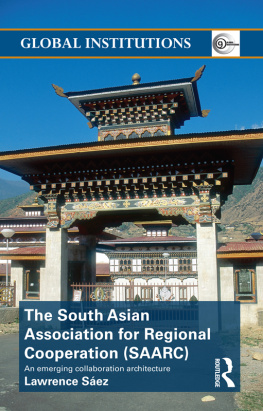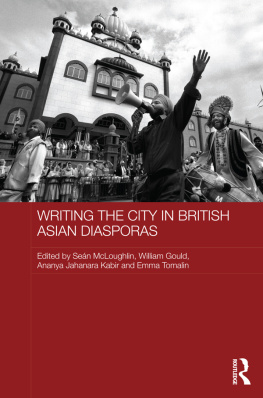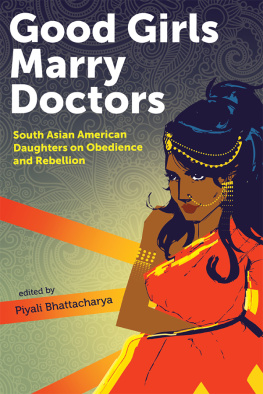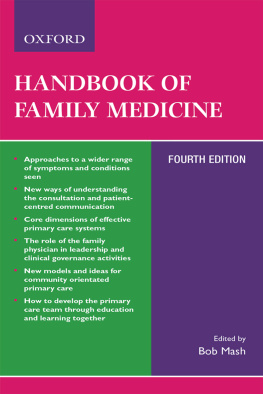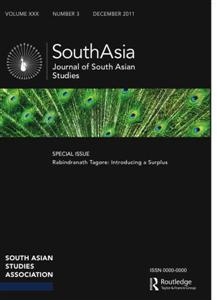Migrant architects of the NHS
SOCIAL HISTORIES OF MEDICINE
Series editors: David Cantor and Keir Waddington
Social Histories of Medicine is concerned with all aspects of health, illness and medicine, from prehistory to the present, in every part of the world. The series covers the circumstances that promote health or illness, the ways in which people experience and explain such conditions, and what, practically, they do about them. Practitioners of all approaches to health and healing come within its scope, as do their ideas, beliefs, and practices, and the social, economic and cultural contexts in which they operate. Methodologically, the series welcomes relevant studies in social, economic, cultural, and intellectual history, as well as approaches derived from other disciplines in the arts, sciences, social sciences and humanities. The series is a collaboration between Manchester University Press and the Society for the Social History of Medicine.
Previously published
The metamorphosis of autism: A history of child development in Britain
Bonnie Evans
Payment and philanthropy in British healthcare, 191848
George Campbell Gosling
The politics of vaccination: A global history
Edited by Christine Holmberg, Stuart Blume and Paul Greenough
Leprosy and colonialism: Suriname under Dutch rule, 17501950
Stephen Snelders
Medical misadventure in an age of professionalization, 17801890
Alannah Tomkins
Conserving health in early modern culture: Bodies and environments in Italy and England
Edited by Sandra Cavallo and Tessa Storey
Mediterranean quarantines, 17501914: Space, identity and power
Edited by John Chircop and Francisco Javier Martinez
Migrant architects of the NHS
South Asian doctors and the reinvention of British general practice (1940s1980s)
Julian M. Simpson
Manchester University Press
Copyright Julian M. Simpson 2018
The right of Julian M. Simpson to be identified as the author of this work has been asserted by him in accordance with the Copyright, Designs and Patents Act 1988.
Published by Manchester University Press
Altrincham Street, Manchester M1 7JA
www.manchesteruniversitypress.co.uk
British Library Cataloguing-in-Publication Data
A catalogue record for this book is available from the British Library
ISBN978 17849 9130 2hardback
First published 2018
The publisher has no responsibility for the persistence or accuracy of URLs for any external or third-party internet websites referred to in this book, and does not guarantee that any content on such websites is, or will remain, accurate or appropriate.
Typeset by Out of House Publishing
Contents
This book is the product of a decade of work inspired by my desire to better understand how Britains imperial past and the agency of migrants have contributed to shaping modern Britain. My interest in these topics stems from a number of personal experiences and is a reflection of my multiple identities. I spent most of my life up to my mid-twenties crossing cultural boundaries. I was born in the north-east of England, then started school in France before moving to Gabon where I went to high school at the Lyce National Lon Mba. I then returned to France to complete my secondary education and go to university and journalism school, before moving to Romania to do my national service as a French citizen (working for the French Foreign Office). I finally returned to the UK (I am also a British citizen) in my mid-twenties where I went to work on the BBC World Services broadcasts to French-speaking Africa. I developed through this trajectory an appreciation of the inter-connectedness of the world and, through the African teachers at my state school in Libreville, a sense of how the new social realities of independent African countries could nurture a quest for different interpretations of the past, replacing colonial histories with closer engagement with the continents history. In others words, an understanding that the past is also political.
My family background is also mixed. I have ancestors with roots in Ireland, Germany and the Indian subcontinent. Such trajectories and mixed backgrounds are becoming more common in modern Britain. Yet, histories, including academic histories, continue to remain overly focused on events that occurred within the confines of national borders, rather than exploring the international relationships and movements that have contributed over time to the making of the modern world. This is slowly changing in the world of scholarship but the history of migration remains a marginal pursuit as does writing history that seeks to speak to contemporary debates. This feeling was exacerbated when, having decided to move on from journalism and working as a press officer for the Scottish Refugee Council in the early 2000s, I witnessed the full force of the wave of hostility towards migrants that was then building up and continues to play such an important part in British public life. I was intrigued to find that in a city such as Glasgow, built on imperial trade and the labour of migrants from Ireland and elsewhere, international migration could be perceived by many (not all) as such an alien and unwelcome phenomenon. I felt strongly that a lack of historical awareness was at least partially at the root of such attitudes. I therefore seek to reconnect in these pages with a tradition of writing history that sees it as having as much to tell us about the present as about the past. I was keen though to carry out rigorous research on this topic and not to succumb to the temptation of uncritically celebrating the roles of migrants. I wanted my work to be part of a process of critical engagement with the past that I feel would make a significant contribution to public discourse today.
Having spent a substantial part of my childhood in Howdon, in industrial North Tyneside in the north-east of England (during summer holidays from Africa), I also witnessed at first hand the central part that South Asian doctors played in staffing general practice in working-class areas. To say I was surprised that no historian had sought to tell this story would be an understatement. It offered an ideal opportunity to write a history of migration that was also a history of how Britain came to be what it is today. This was particularly the case in the light of the status of the NHS in the British national psycheakin to a national religion as the former British Chancellor of the Exchequer Nigel Lawson quippedand the central position of general practice within the NHS. This is the path that led me to research the movement of these doctors and its impact on the making of modern British healthcare.
Along the way, I have naturally incurred a number of intellectual debtstoo many to list. Whilst apologising to those left unnamed, I would like to acknowledge the support and guidance of Aneez Esmail at the University of Manchester without whom this book would not have seen the light of day. His work challenging racism in the British medical profession and his pioneering exploration of the role of migrant South Asian doctors in the NHS laid a substantial amount of groundwork for the research I present here. He eloquently formulated a number of highly relevant questions about the role of South Asian medical migrants in British medicine that I have here attempted to answer. I was also fortunate to meet Stephanie Snow at an early stage of my time as a researcher at Manchester, which has been my academic base for the last ten years. Her expertise when it comes to the history of the NHS and of British general practice was instrumental in enabling me to produce what is both a discussion of the role of a group of migrants in Britain and a revisiting of the history of British healthcare. Similarly, Virinder Kalras background in sociology led me to give greater consideration to social theory when seeking to understand the personal and professional trajectories of my research participants and I am grateful to him for encouraging me to go down this road. Thanks are also due to the University of Manchester and the Medical Research Council for providing me with three years of funding to research the history of South Asian GPs in the NHS.



